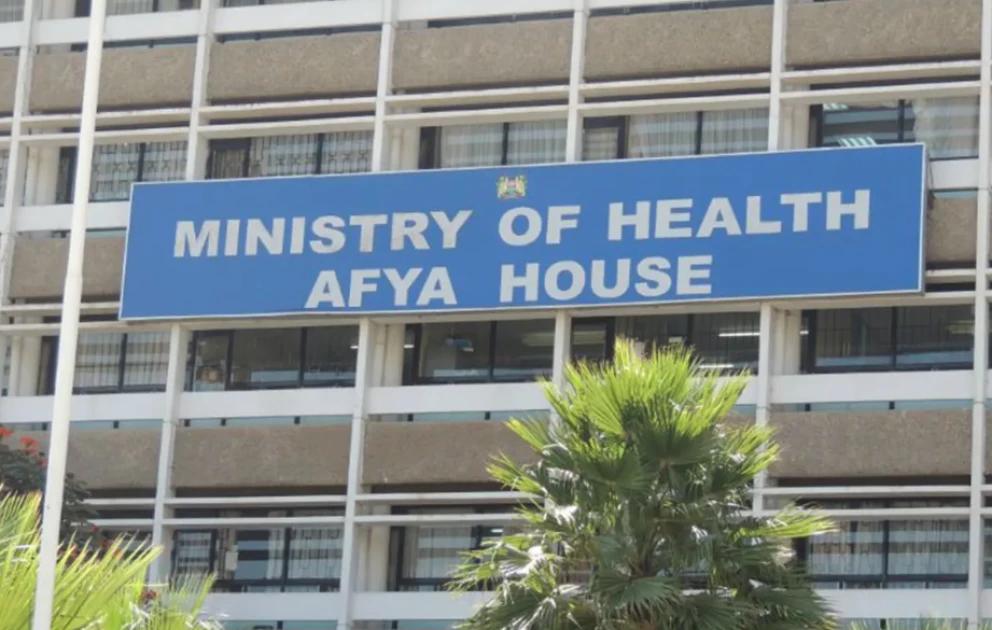
A new UN survey has revealed that many people across the world are unable to have the families they desire due to economic hardship, limited autonomy, and social inequalities, rather than population growth or declining birth rates.
The United Nations Population Fund (UNFPA) published a report titled “The Real Fertility Crisis: The Pursuit of Reproductive Agency in a Changing World”, which surveyed more than 14,000 people across 14 countries—representing over a third of the global population. The report, created in collaboration with polling firm YouGov, found a wide gap between people’s fertility aspirations and their actual experiences.
Dr. Natalia Kanem, UNFPA Executive Director, said the findings show that people lack the freedom to make choices about their reproductive lives, calling it a major demographic issue. In every country surveyed, people reported barriers both to preventing pregnancy and to having children when they want.
According to UNFPA data from the past five years, 10% of women cannot decide whether to use contraception, one in four are unable to make decisions about their own healthcare, and a similar number cannot refuse sex. These restrictions, the report says, form the true fertility crisis, not overpopulation or declining birth rates.
The survey found that nearly one in three respondents had experienced an unintended pregnancy, while almost a quarter had been unable to have a child when they wanted. Financial hardship was the leading constraint, particularly in South Korea, South Africa, and Thailand. Other common obstacles included poor health, fear of the future, and lack of partner support.
Despite shared difficulties, the public conversation often places blame solely on women for lower birth rates. The report argues this view is flawed and harmful, ignoring how both men and women face systemic barriers to building the families they want.
Historically, coercive reproductive policies—such as forced sterilisation or strict limits on abortion—have caused serious harm without solving fertility issues. Even today, state-backed efforts like Italy’s “Fertility Day” and abortion bans in the US have sparked public backlash, eroding trust in government-led fertility programs.
Instead of pushing simplistic policies to raise or lower birth rates, the report calls for investment in reproductive autonomy. This includes better access to healthcare, economic stability, gender equality, and empowering people to make their own family decisions.
“Conversations and solutions must focus on real people’s needs,” the report concludes, urging policymakers to prioritise choice over control.
Health

Nigerian Nurses Suspend Strike After Talks With Government
The nationwide warning strike by Nigerian nurses and midwives has been suspended following a closed-door meeting with government officials.

Mpox Outbreak: 314 Cases and 5 Deaths Reported in 22 Counties
The Ministry of Health has confirmed 314 Mpox cases and five related deaths across 22 counties in Kenya so far.

WHO Labels Hepatitis D a Cancer Risk, Urges Global Action
The World Health Organization (WHO) has classified Hepatitis D as a cancer-causing virus, warning that it significantly increases the risk of liver cancer in people already infected with Hepatitis B.

Dei BioPharma Earns U.S. Patents for Game-Changing Therapies
In a major step forward for global healthcare, Uganda’s Dei BioPharma has secured two U.S. patents for breakthrough therapies aimed at making cancer and immune treatments more affordable and accessible.

New Type 1 Diabetes Subtype Found in African Children, Study Says
A groundbreaking international study has identified a previously unknown form of type 1 diabetes in young people across sub-Saharan Africa, prompting concern over widespread misdiagnosis and inappropriate treatment.

Walking 7,000 Steps Daily Can Lower Disease Risk, Study Finds
Taking just 7,000 steps a day may be enough to improve brain health and reduce the risk of major diseases.

Cholera Outbreak in Niger Kills 12, Over 230 Hospitalised
At least 12 people have died and more than 230 others have been hospitalised following a cholera outbreak in Niger State, Nigeria.

Rich's Ice Cream Recalls Bars in 23 States Over Listeria Risk
Rich's Ice Cream is recalling over 110,000 cases of its frozen dessert bars in 23 U.S. states due to concerns about potential listeria contamination, which can lead to serious illness if consumed.

Health Ministry Suspends Nursing Council CEO Over Internship Scandal
The Ministry of Health has suspended Nursing Council of Kenya (NCK) CEO Dr.

Health Ministry Suspends Nursing Council CEO Over Internship Scandal
The Ministry of Health has suspended the CEO of the Nursing Council of Kenya (NCK), Dr.

Over 67,000 Power Stick Deodorants Recalled Over Defects
More than 67,000 cases of Power Stick roll-on deodorants have been recalled due to manufacturing defects, according to a notice posted by the U.S.

Private Equity Eyes Healthcare, Dental and Vet Sectors in CEE
Private equity interest in Central and Eastern Europe (CEE) remains strong, especially in healthcare, with growing attention now turning to dental and veterinary services as investors expand into adjacent markets.

South-West Doctors Threaten Strike Over New FG Allowance Policy
Doctors from five South-West states in Nigeria have threatened to go on strike if the Federal Government does not withdraw a recent policy introducing what they describe as unfavourable allowances.
